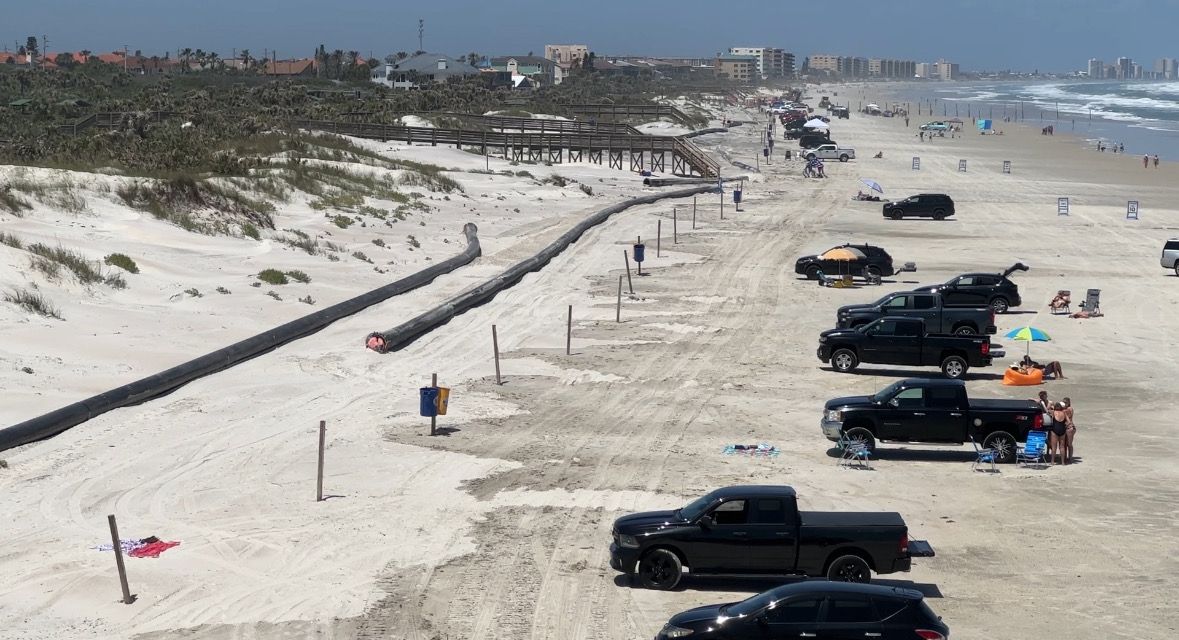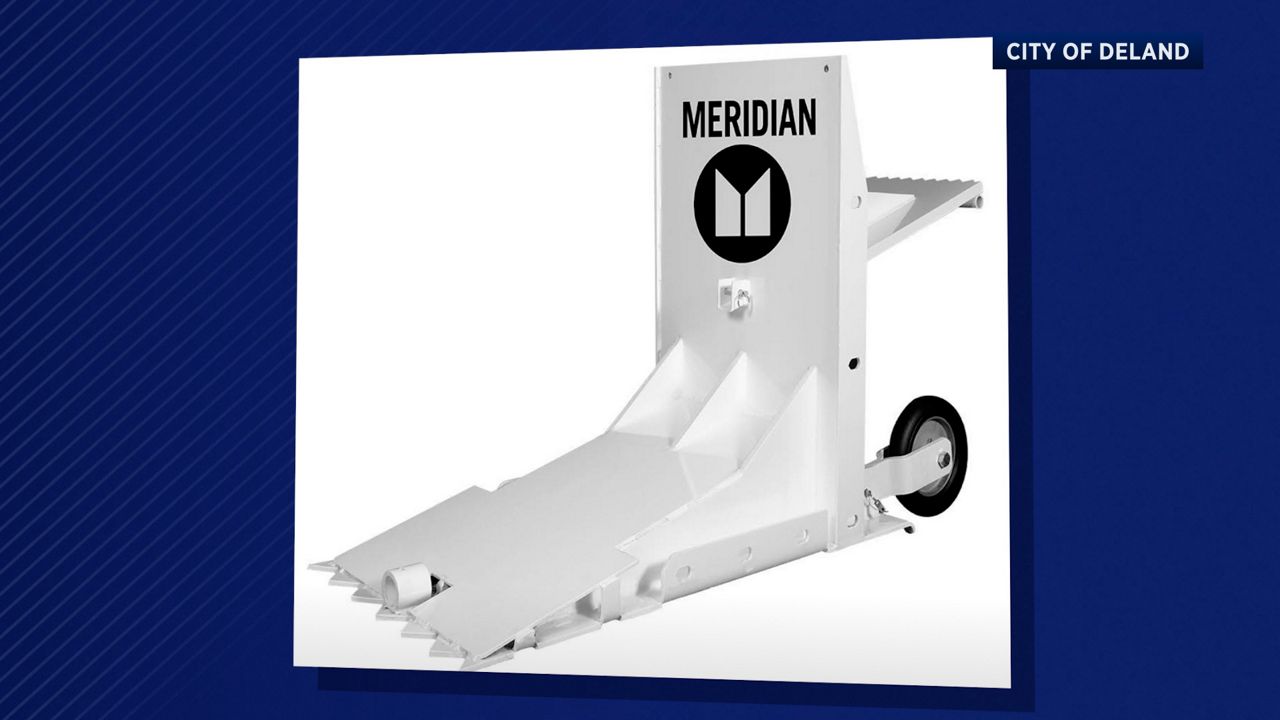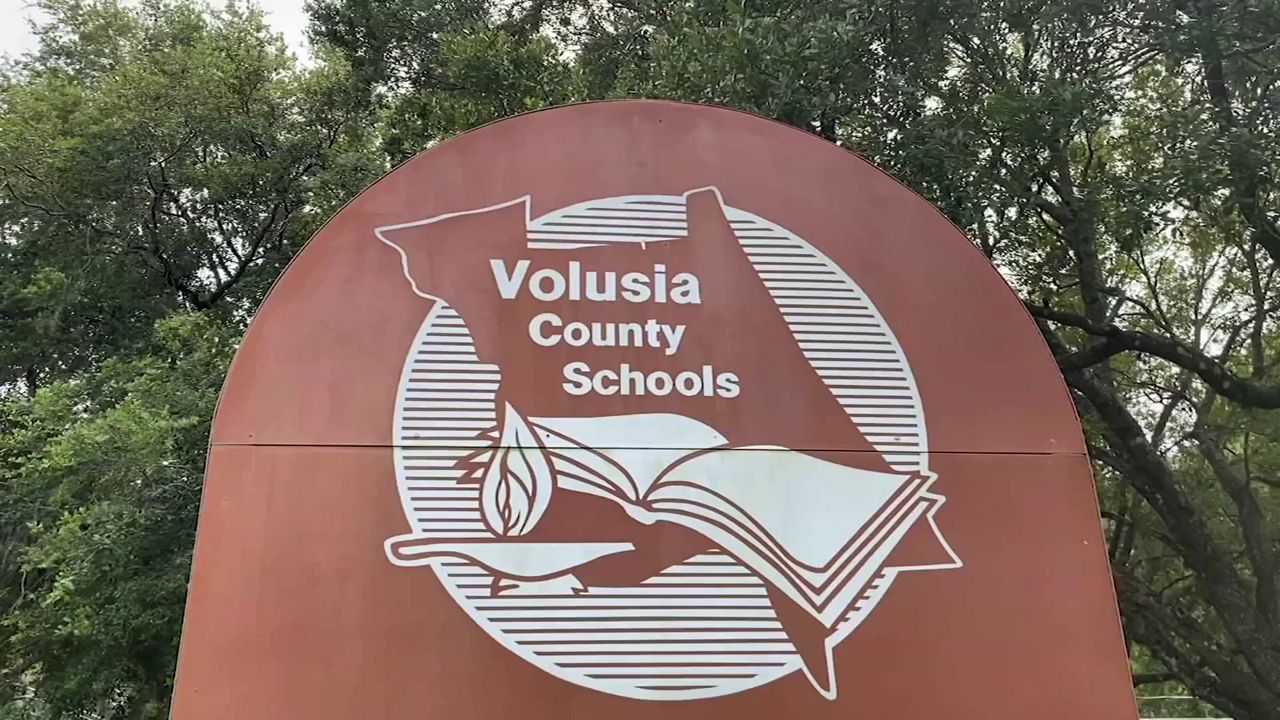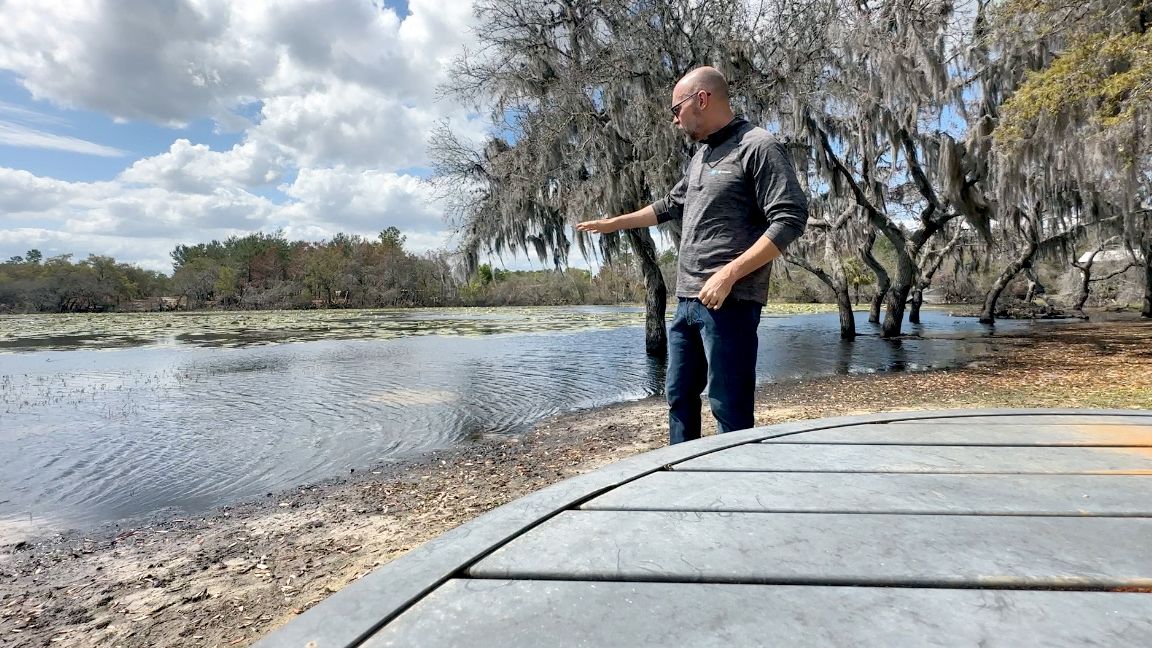VOLUSIA COUNTY, Fla. — It’s National Mosquito Control Awareness Week and Volusia County Mosquito Control is focusing on educating residents about reducing mosquito populations and preventing mosquito-borne diseases.
Experts say that with Florida's the hot summer temperatures, rainy weather and the start of the hurricane season, conditions become ideal for the spread of mosquitoes.
“Every year during this week we do pop-up events at different locations in the county," said Shane Anderson, an environmental specialist and education outreach coordinator with Volusia County Mosquito Control. "This year we’re doing several libraries."
Anderson said mosquitoes can transmit viruses to people and animals, making them of public health concern.
“Mosquitoes are very dangerous for spreading disease," he said. "That is our primary concern, and educating the public is important because there are certain things that people can do to protect themselves and their family from being bitten."
In Florida, mosquitoes can be found year-round. But as temperatures warm up and the rainy season starts, they can become more abundant.
“They are temperature dependent … so the warmer the temperature the faster they develop," Anderson said. "So we get a lot more activity, plus we get a lot more rain in the summer, so more areas for them to reproduce and coming off faster than during the winter."
In Florida, there are three endemic arboviruses that can be spread by mosquitoes: West Nile virus, eastern equine encephalitis and St. Louis encephalitis.
Anderson said prevention is key when it comes to mosquito control.
“Just checking around your house — anything that’s holding water for a week can be breeding ground, so even if it’s something like bird baths that you want water in, that’s fine as long as you at least once a week are dumping that water and refilling it with new," he said. "That gets rid of the larvae and stops the process."
Volusia County Mosquito Control also uses mosquito fish as a biological control of mosquito larvae. These native fish reduce mosquito populations by feeding on mosquito larvae found in the water.
“We will send an inspector out to bring the fish to you if there is a suitable habitat for us to put them in," Anderson said. "We will definitely put them in free of charge."
Also, as part of their prevention plan, Volusia County Mosquito Control conducts year-round surveillance using a variety of methods to identify where vector mosquitoes are present. One of the ways they do it is by setting up mosquito traps.
“We usually put these in more forested areas, usually big trees," said Arnuun Kanya, an entomological aide with Volusia County Mosquito Control. "So how it works is there’s a six-volt battery connected to a motor — the motor spins when you plug it in and there’s an led light and basically it’s sucks the mosquitoes in because it’s attracted to the light."
Kanya said the team has more than 20 traps they install around the county once a week. They leave them for 24 hours and collect them the following day.
“We’ll catch the mosquitoes, and then they go into a deep freezer," Kanya said. "It kills them in like five minutes and then we can put them under the microscope to ID them up."
She said they then record the data and treat the different areas of the county accordingly.
“Sometimes we won’t get any, or we’ll get a dozen, but we’ve had up to, like, 6,000 mosquitoes in one trap, so they do catch a lot of mosquitoes," Kanya said. "But it’s more for surveillance purposes."
Members of the Mosquito Control department will be holding events throughout the county.
The events are all scheduled from 11 a.m. to 3 p.m. and will take place at the following locations:
- Monday, June 17, at the Edgewater Public Library, 103 Indian River Blvd.
- Tuesday, June 18, at the Ponce de Leon Lighthouse and Museum, 4931 S. Peninsula Drive, Ponce Inlet.
- Wednesday, June 19, at the New Smyrna Beach Regional Library, 1001 S. Dixie Freeway.
- Thursday, June 20, at the Port Orange Regional Library, 1005 City Center Circle.
- Friday, June 21, at Bass Pro Shops, 1880 Checkered Flag Blvd., Daytona Beach.









